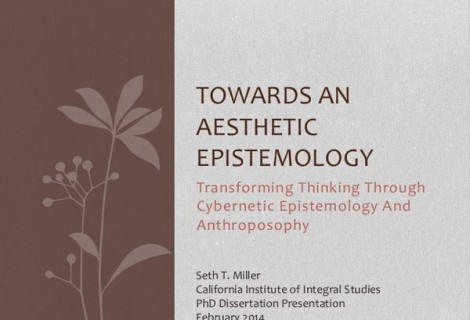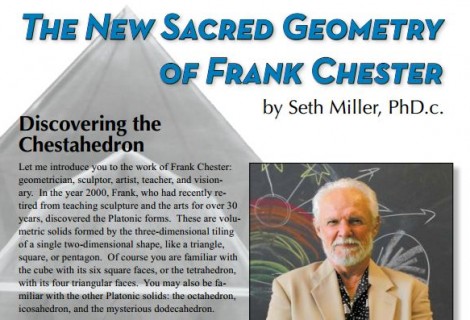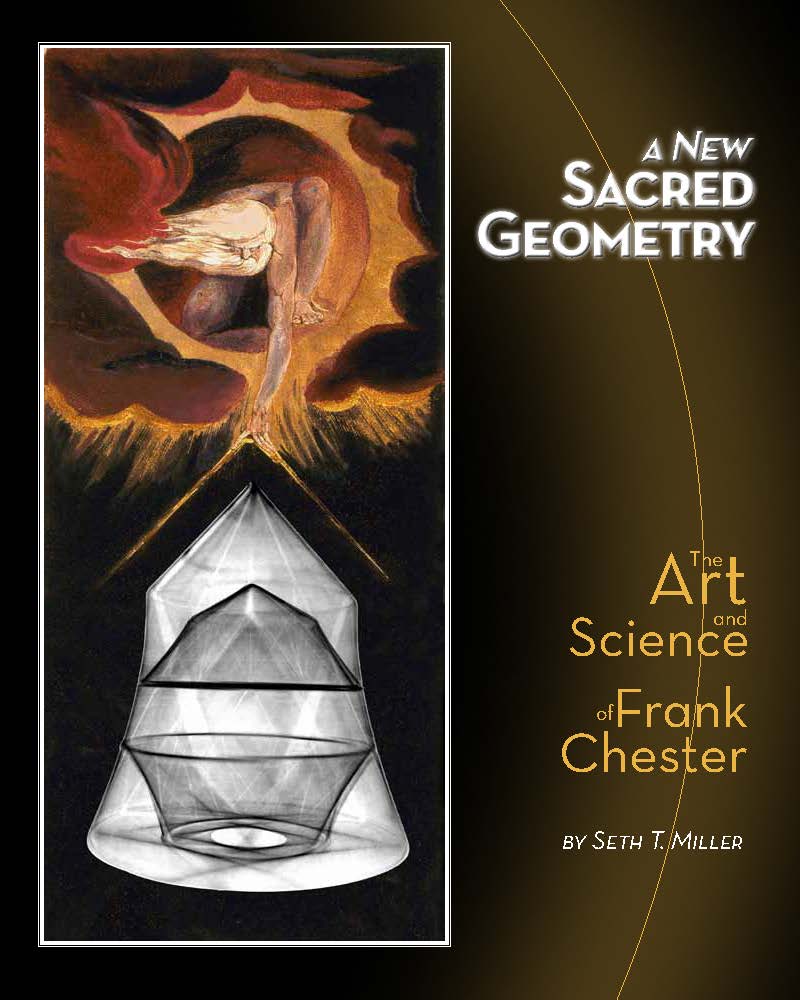An Esoteric Guide to Spencer Brown’s Laws of Form #5
« Previous Page | 1 2 3 4 5 | View All | Next Page »
LoF p. 80
- Naming may thus be considered to be without direction, or, alternatively, pan-directional. By contrast, instruction is directional, in that it demands a crossing from a state or condition, with its own name, to a different state or condition, with another name, such that the name of the former may not be called as a name of the latter.
This procedure of naming, because of its pan-directional nature, can be seen to have resonances with the importance of naming esoterically, i.e. naming is evocation, a literal calling forth, the bringing forth of a reality through the making of a distinction in the calling of a name. Even more, a name is, esoterically, indicative of the coming-into-being of the named; the name names the process-level of the being, not the first-order level of the being-as-already-become.
The second piece here is indicative of the context for naming, i.e. the importance of following a PARTICULAR sequence in order to arrive at a particular name. Esoterically, this is the integration of timing into injunctions, which has its outermost expression in the sense of ritual. In other words, esoteric ritual, such as meditative practice, prescribes a definite sequence which yields TRANSFORMATION, i.e. the generation of a capacity to name (distinguish) new states.
Immediately following the last quote:
LoF p. 80
- The more important structures of command are sometimes called canons. They are the ways in which the guiding injunctions appear to group themselves in constellations, and are thus by no means independent of each other. A canon bears the distinction of being outside (i.e. describing) the system under construction, but a command to construct (e.g. ‘draw a distinction’), even though it may be of central importance, is not a canon. A canon is an order, or set of orders, to permit or allow, but not to construct or create.
In this strange passage is indicated, from an esoteric standpoint, that in esoteric development, the path can only be indicated, not forced. In other words, FREEDOM is an essential component of the path of spiritual development, in the sense that esoteric injunctions (and their groupings into various ‘systems’ or ‘rituals’, i.e. the ‘canon’) take the form: “if you do X, then Y is a consequence”, NOT the more aggressive “DO X …”.
Again, immediately following the previous quote:
LoF p. 80
- The instructions which are to take effect, within the creation and its permission, must be distinguished as those in the actual text of calculation, designated by the constants or operators of the calculus, and those in the context, which may themselves be instructions to name something with a particular name so that it can be referred to again without redescription.
That is, we must recognize that in addition to the injunctions constituted by constants and operators specified in the actual calculation, one must also include as injunctions the CONTEXT through which the constants and operators are approached. This is essentially the introduction of the second-order relation, where for any content there is a higher-order context which is essential for the unfolding of the lower order content. In other words, ignoring the context changes the first order distinctions, even to the point of inverting them. We could actually say that it is this principle which is behind the very creation, dissemination, and protection of esoteric knowledge. Esoteric knowledge is just that higher order knowledge which provides the context for the lower order content. Lacking the esoteric knowledge leads to all sorts of perversions at the first order level.
GSB, in discussing the nature of injunctions, points out:
LoF p. 80-81
- Thus, in the structure of a proof, we shall find injunctions of the form “consider such-and-such”, “suppose so-and-so,” which are not commands, but invitations or directions to a way in which the implication can be clearly and wholly followed.
Esoterically, in providing esoteric direction, one must uphold the principle of freedom. This actually corresponds with the principle of another famous cybernetician, who was present at the Esalen conference, Heinz von Foerster, whose “ethical imperative” is: act so as to increase the number of available choices. Of course, we would call this imperative an injunction in the previously discussed sense.
« Previous Page | 1 2 3 4 5 | View All | Next Page »





